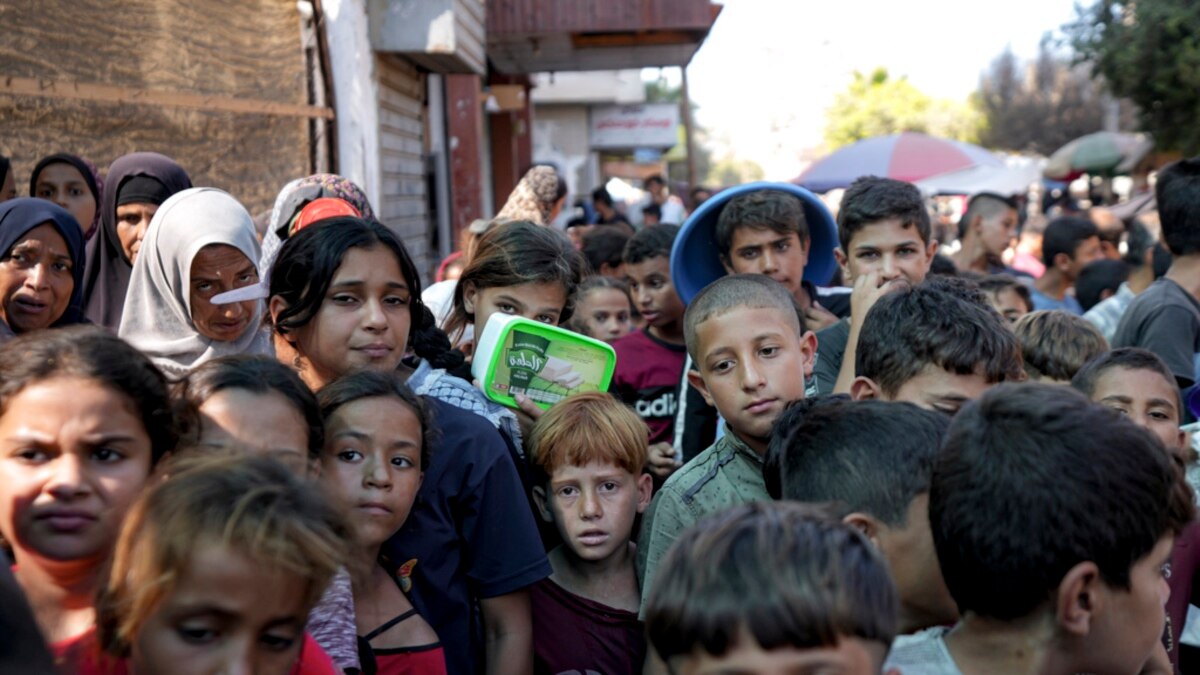As an offshoot of the core, physical card game, Pokemon TCG Pocket shares many of its features, but there are a few key differences, including card rarities.
Both versions distinguish the rarity of cards in each set with symbols and descriptors, all of which connote how likely you are to find them in booster packs.
TCG Pocket has eight distinct rarities, including one with no counterpart in the physical game, Immersive Cards. These feature animated art that extends beyond the card’s border when inspected, telling a visual story. Immersive Cards represent the chase cards of TCG Pocket’s first set, Genetic Apex, alongside pinnacle Crown-rarity cards.
Here’s everything you need to know about rarities and their respective pull rates per pack.
All Pokemon TCG Pocket card rarities
Rare Packs
Just like the physical TCG, card packs in Pocket have a chance of containing a higher quantity of rare cards. Termed God Packs in the former, here, they’re officially called Rare Packs with the chance of opening one being an incredibly slim 0.05%.
Outwardly, Rare Packs look identical to standard boosters, so there’s no way to know before choosing a pack if it’s a rare version or not. Rare Packs never contain cards with a rarity lower than one star, with pull rates for every rarity, from One Star to Crown, applying to every slot.
For example, A Crown rarity card has a 5% chance of appearing in every slot of a Rare Pack compared to standard packs, where the 0.053% pull rate for a Crown rarity applies only to the final slot.
See the table below for Rare Pack pull rates.
That’s a wrap on everything you need to know about Pokemon TCG Pocket’s card rarities but if you’re looking for a rundown of all the rarest cards currently available in-game, we’ve got you covered.
Likewise, our guide covering all the best decks for battling will help get you well-equipped for swiftly completing events and competing against other players.

 By Dexerto | Created at 2024-11-12 22:42:05 | Updated at 2024-11-18 08:36:55
6 days ago
By Dexerto | Created at 2024-11-12 22:42:05 | Updated at 2024-11-18 08:36:55
6 days ago



/cdn.vox-cdn.com/uploads/chorus_asset/file/25738809/1388801255.jpg)




